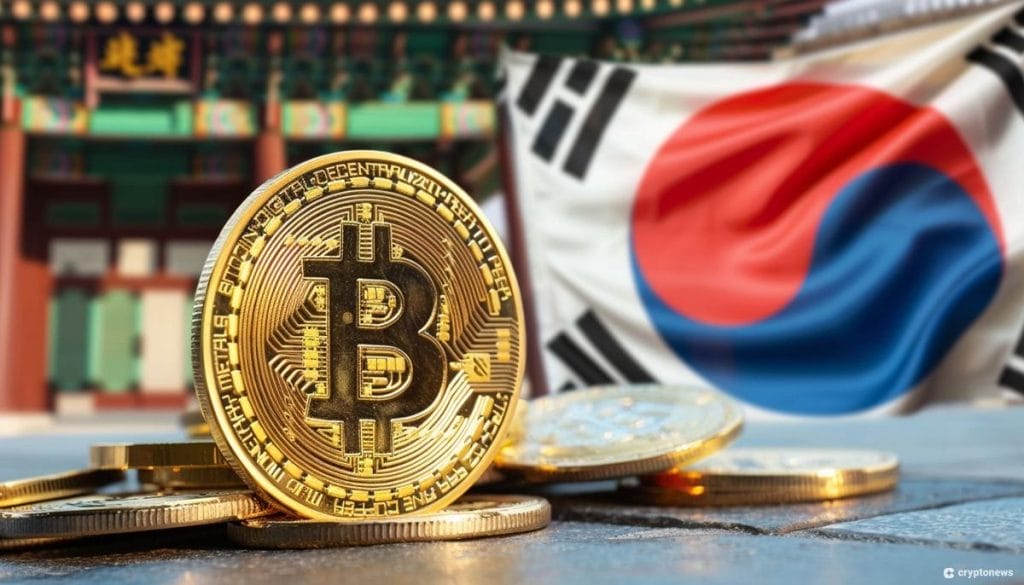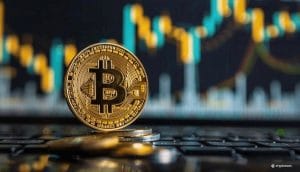Last updated:
 Why Trust Cryptonews
Why Trust Cryptonews

South Korea’s cryptocurrency investor population has surged to new heights, reaching 7.78 million in the first half of 2024, up 21% from the 6.45 million reported in the latter half of 2023.
The data, released by the Financial Intelligence Unit (FIU) of the Financial Services Commission, shows significant growth across multiple facets of the country’s virtual asset market, driven by Bitcoin’s rapid price rise and renewed interest in digital assets.
The report also revealed an increase in daily trading volume, which rose 67% to 6 trillion won (approximately $4.4 billion) from 3.6 trillion won in the previous period.
Market Cap of South Korean Digital Assets Hit 55.3T
Market capitalization of South Korean-held virtual assets expanded as well, hitting 55.3 trillion won, marking a 27% gain.
Profits of domestic virtual asset service providers soared, doubling to 590 billion won as investor enthusiasm ramped up amid market highs.
Behind the rise in investment sentiment is Bitcoin’s strong performance, recently breaking the 100 million won ($75,000) mark.
The boost in interest has partly been attributed to renewed speculation around pro-crypto policies in the U.S., especially as former President Donald Trump, known for his favorable stance on digital assets, emerges as a contender for the 2024 election.
The Financial Intelligence Unit noted that the U.S. move toward approving a Bitcoin spot ETF and supportive policy announcements have further bolstered South Korea’s crypto markets.
Demographically, men in their 30s lead South Korea’s crypto market, accounting for 1.58 million of the investor base.
They are followed closely by men in their 40s, totaling 1.5 million. Overall, men constitute 68% of South Korea’s crypto investors, with women making up the remaining 32%.
The majority of these investors hold relatively small amounts of virtual assets; around 67% hold assets worth less than 500,000 won, while 10% have portfolios exceeding 10 million won.
High-net-worth investors with over 1 billion won in assets make up a mere 0.03% of the market.
Bitcoin is the Most-Held Asset Among Koreans
Popular assets include Bitcoin, accounting for 37.2% of investor holdings, followed by Ethereum (11.1%), Ripple (10.6%), Dogecoin (2.8%), and Ethereum Classic (2.7%).
However, as interest grows, so does volatility.
South Korea’s crypto market recorded a maximum drawdown (MDD) of 70%, a marked increase from last year and notably higher than the KOSPI index’s MDD of 14% over the same period.
As reported, a recent survey has revealed that most young South Koreans are losing faith in the national pension system, with many stating they see crypto and stocks as a better alternative.
The study found that more than three-quarters of people aged 20-39 “don’t trust” state-issued pensions.
Over half of respondents who said they were making their own pension plans claimed they were building their retirement funds with stocks and crypto.
Interestingly, even election candidates themselves have exposure to cryptocurrencies, with approximately 7% of them owning digital assets, according to a report by Yonhap that analyzed their asset disclosures.
















